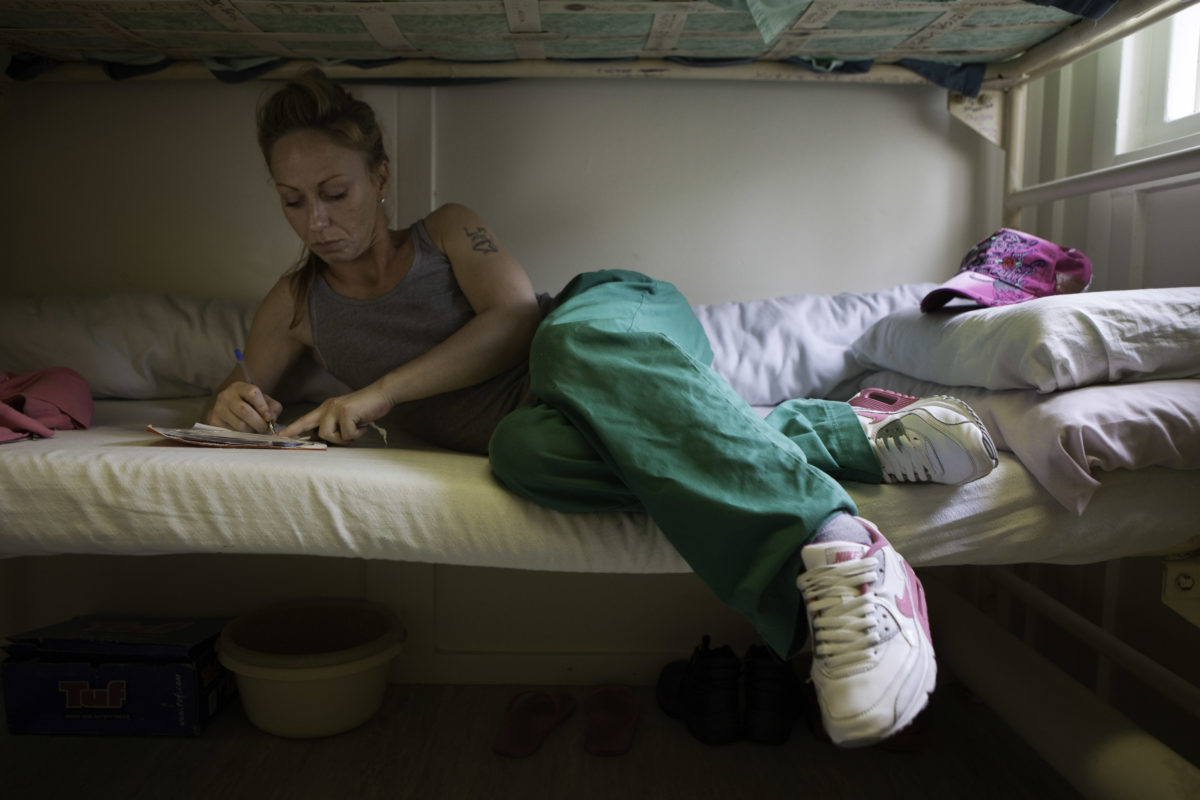Women suffering from poverty, mental health illnesses and victims of domestic and sexual abuse are being arrested unnecessarily and criminalised, according to MPs. The All Party Parliamentary Group on Women in the Penal System (APPG) published a report arguing that police resources were being ‘wasted’ as women were inappropriately held in custody before being released without being charged. The study drew on data from five police forces in the UK covering 600 arrests of women which found 40% of arrests resulted in no further action. It cited examples of women being arrested for non-violent offences including a woman arrested for begging outside a supermarket and another woman for repeatedly walking into a main road.
Almost 100,00 arrests of women were made during the year in 2019. Out of 43,000 arrests for alleged violent offences, 19,000 led to no further action being taken, the APPG report finds. The report found that many of the women who were arrested were victims in a domestic abuse incident. Almost three-quarters of the women arrested were previously known to the police due to being victims of sexual violence. The report stated that forces do not always have to arrest in situations like these, and that positive action should be taken, such as finding alternative accommodation or a safe place for the woman to go. You can read the report on the website of the Howard League for Penal Reform.
‘Forces should investigate whether the duty to take positive action in alleged domestic violence incidents is unnecessarily driving up arrests of women,’ the APPG said. ‘Officers do not have to arrest and can take alternative positive action, such as finding somewhere safe for the woman to go, where she is not in the same house as the other party.’ The MPs noted arresting such women does not solve the problem and, in some instances, might ‘even drive women further into the criminal justice system if they end up with fines which they have no means to pay’.
The report found that women’s centres were ‘key’ in delivering gender-specific services for women but provision was a ‘postcode lottery’. Police forces such as Avon and Somerset, Surrey, Thames Valley and West Yorkshire had developed close links with their local women’s centres and were diverting women there for assessment and support. ‘But, in some areas of the country, there were either no local women’s centres or police officers were unaware of the services offered,’ the group said.
The APPG’s co-chair Jackie Doyle-Price MP said ‘diverting women to support services instead of arresting them was ‘a smarter use of police resources that helps to reduce crime’. There have been findings where other police forces diverted distressed women to women’s centres and this has been a better use of time. However, the report also found that in some areas of the UK, there were either no women centres local to police forces or the forces and officer were not aware of the services offered.







